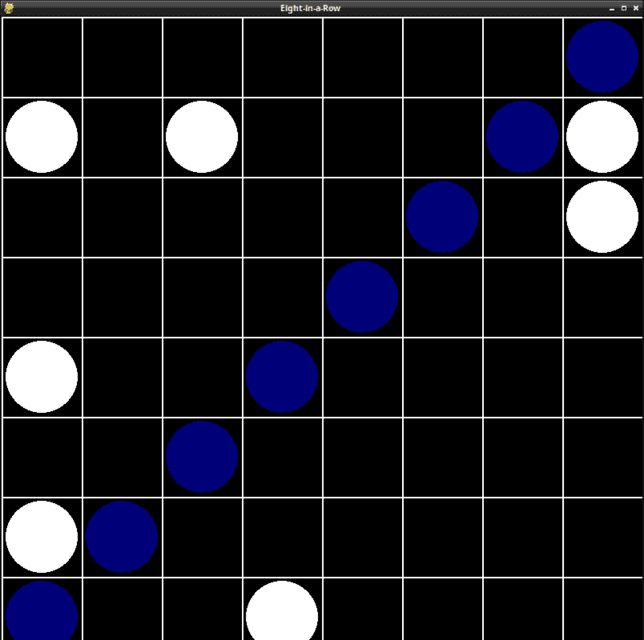Today I tested the creation of a program that works on ARM processors and tested with QEMU emulator in Fedora 42.
I install with dnf5 these fedora packages:
[root@fedora mythcat]# dnf5 clean all
[root@fedora mythcat]# dnf5 install qemu-system-arm
[root@fedora mythcat]# dnf5 install arm-none-eabi-gcc gcc-arm-linux-gnu gcc-c++-arm-linux-gnu
[root@fedora mythcat]# dnf5 install arm-none-eabi-newlib.noarch
...
[root@fedora mythcat]# dnf5 install binutils-develI create a new folder into may pagure account to test this issue with QEMU:
[mythcat@fedora mythcat]$ mkdir ARMProjects
[mythcat@fedora mythcat]$ cd ARMProjects/
[mythcat@fedora ARMProjects]$ qemu-system-arm --version
QEMU emulator version 9.1.0 (qemu-9.1.0-2.fc42)I create a default assembly file for ARM named hello.s:
[mythcat@fedora ARMProjects]$ cat hello.s
.global _start
_start:
mov r0, #1
mov r7, #4
str r0, [r7]
bx lrLet's see how this means:
- global _start: This declares the _start label as global, making it
accessible from outside the file.
- _start:: This marks the beginning of the program.
- mov r0, #1: Moves the immediate value 1 into register R0.
- mov r7, #4: Moves the immediate value 4 into register R7. This represents the system call number for write().
- str r0, [r7]: Stores the contents of R0 (which contains 1) into the memory address pointed to by R7.
- bx lr: Branches to the address in Link Register (LR). In this case, it loops indefinitely because there's no return instruction.
The compile of the file:
[mythcat@fedora ARMProjects]$ arm-none-eabi-gcc -nostartfiles -lc hello.s -o hello.o
[mythcat@fedora ARMProjects]$ ls
hello.o hello.sLet's see the hello.o file:
[mythcat@fedora ARMProjects]$ nm hello.o
00008000 t $a
00009010 T __bss_end__
00009010 T _bss_end__
00009010 T __bss_start
00009010 T __bss_start__
00009010 T __data_start
00009010 T _edata
00009010 T __end__
00009010 T _end
00080000 B _stack
00008000 T _start
[mythcat@fedora ARMProjects]$ objdump -f hello.o
hello.o: file format elf32-little
architecture: UNKNOWN!, flags 0x00000112:
EXEC_P, HAS_SYMS, D_PAGED
start address 0x00008000

